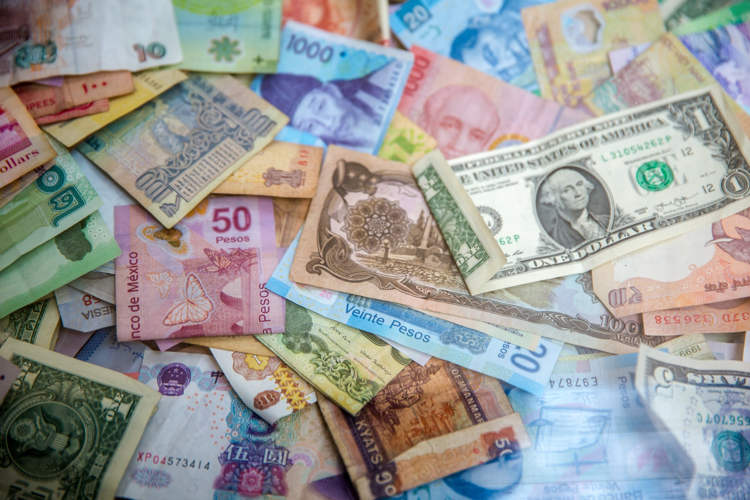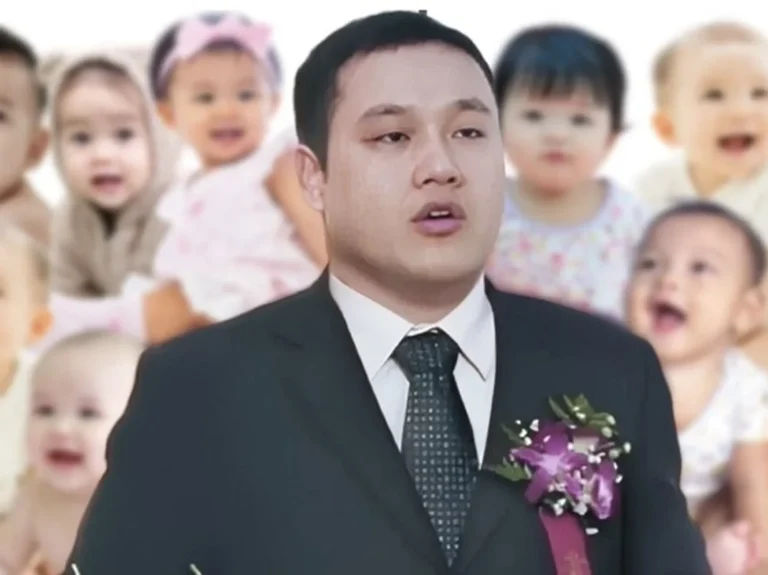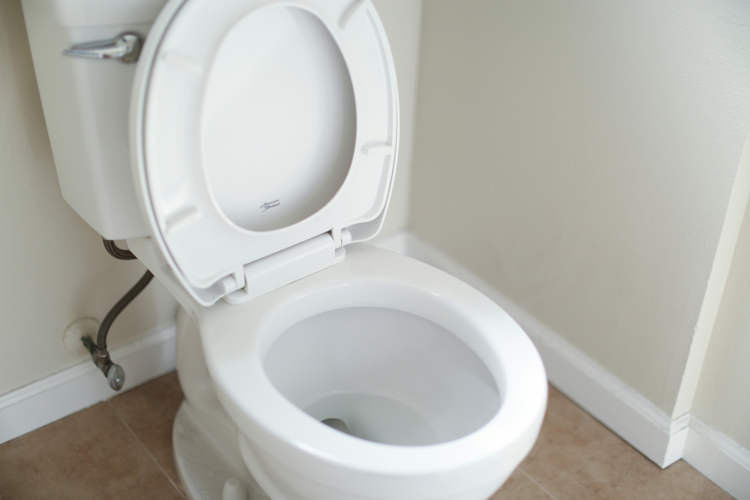Mark Boyle, aka The Moneyless Man, gave up on using money in 2008 and has been living a money-free lifestyle ever since. Along the way, he also shunned technology and adopted a more ‘natural’ life.
Having graduated college with a degree in business and economics, Mark Boyle quickly found a good-paying job at an organic food company in Bristol, UK. That had been his plan for years – get a good job and buy all the material things that society (himself included) associated with success. But everything changed one night in 2007, during a friendly philosophizing session with a friend over a glass of Merlot on his houseboat. They were discussing world problems and how to best tackle them to actually make a difference. That’s when he realized that money was at the root of most problems, and remembered Gandhi’s famous quote: ‘Be the change you want to see in the world’.

Photo: Jason Leung/Unsplash
“I was sitting around with a friend one night in 2007 discussing the world’s problems, and we were trying to work out which one to dedicate our lives to helping solve,” Boyle told CNN. “Then it hit me, at the root of it all was money, which creates a kind of disconnection between us and our actions, whether that’s through sweatshops, industrial agriculture, or war, and so I decided to see if it was possible to do without.”
Soon after that, Mark sold his expensive houseboat, moved into an old caravan that someone donated to him because they just wanted to get rid of it, and began his money-free existence. The first few months were tough, because he needed to replace the comforts he had become accustomed to, like the morning cup of coffee, with things he could source for free, from nature.
“The first few months were hard, just finding my way,” Mark admitted. “If you think about how disruptive it is when you just move house or change a job, imagine changing everything at once. But after a couple of months, it became very easy, I had all my routines worked out.”
Boyle’s money-free lifestyle became a viral news topic when he launched his book, The Moneyless Man, in which he goes into detail about the challenges he faced when making the transition and the practical solutions he came up with, as well as about the philosophy that pushed him to make such a drastic change in his life.
“Ironically, I have found the past two years to be the most fulfilling of my life,” Mark Boyle wrote in 2010. “I’ve more friends in my community than ever, I haven’t been ill since I began, and I’ve never felt fitter. I’ve found that friendship, not money, is real security. Most Western poverty is psychological. Real independence is interdependence.”
In 2017, Mark decided to take his minimalist lifestyle to another level by “quitting industrialization”. He shunned most of the technology we enjoy on a daily basis – from electricity and running water to radio and the internet, and returned to what many would describe as a simpler lifestyle. Not The Moneyless Man, though, he actually considers modern living simpler, because of how much technology actually helps us every day.
“This way of life I have now adopted is often called ‘the simple life,’ but that’s entirely misleading,” Mark Boyle told No Fun Tips. It’s actually quite complex, made up of a thousand simple things. By contrast, my old life in the city was quite simple, but made up of a thousand complex things, like smartphones and plug sockets and plastic. I, for one, got bored doing the same thing day in, day out, using complex technologies that, I suspected, made those who manufactured them bored too. That’s partially why I rejected them. Living without running water, electricity, or machines, my life has certainly become more complex.”
Boyle clarifies that living the way he does is far from easy, adding that he knows it would be impossible for everyone to follow his example. However, he hopes that his example will at least inspire people to be less dependent on money and industrialization.
“I don’t romanticize the past. But I don’t romanticize the future either. I’ve lived with tech and without, and I know which one brings me most peace and contentment,” Mark said.












